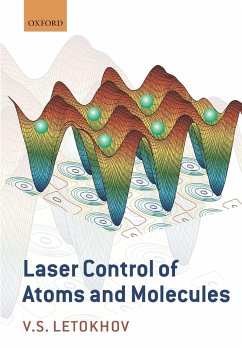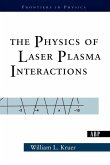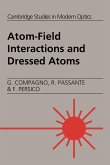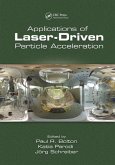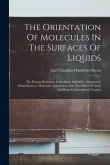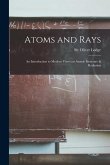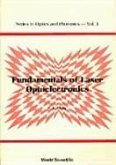Rather different problems can be lumped together under the general term 'laser control of atoms and molecules'. They include the laser selection of atomic and molecular velocities for the purpose of Doppler-free spectroscopy, laser control of the position and velocity of atoms (i.e. laser trapping and cooling of atoms), and laser control of atomic and molecular processes (ionization, dissociation) with a view of detecting single atoms and molecules and particularly separating isotopes and nuclear isomers. Over the last decades the principal problems posed have been successfully solved, and many of them have evolved remarkably in the subsequent investigations of the international research community. For example, the solution of the problem of laser cooling and trapping of atoms has given birth to the new field of the physics of ultracold matter, i.e. quantum atomic and molecular gases. The laser non-coherent control of uni-molecular processes has found an interesting extension in the field of laser coherent control of molecules. The concept of laser control of position has been successfully demonstrated with microparticles (optical tweezers), concurrently with investigations into atomic control. The laser photo-ionization of molecules on surfaces has led to the development of novel techniques of laser-assisted mass spectrometry of macromolecules, and so on. The aim of this book is to review these topics from a unified or 'coherent' point of view. It will be useful for many readers in various fields of laser science and its applications.
Hinweis: Dieser Artikel kann nur an eine deutsche Lieferadresse ausgeliefert werden.
Hinweis: Dieser Artikel kann nur an eine deutsche Lieferadresse ausgeliefert werden.

